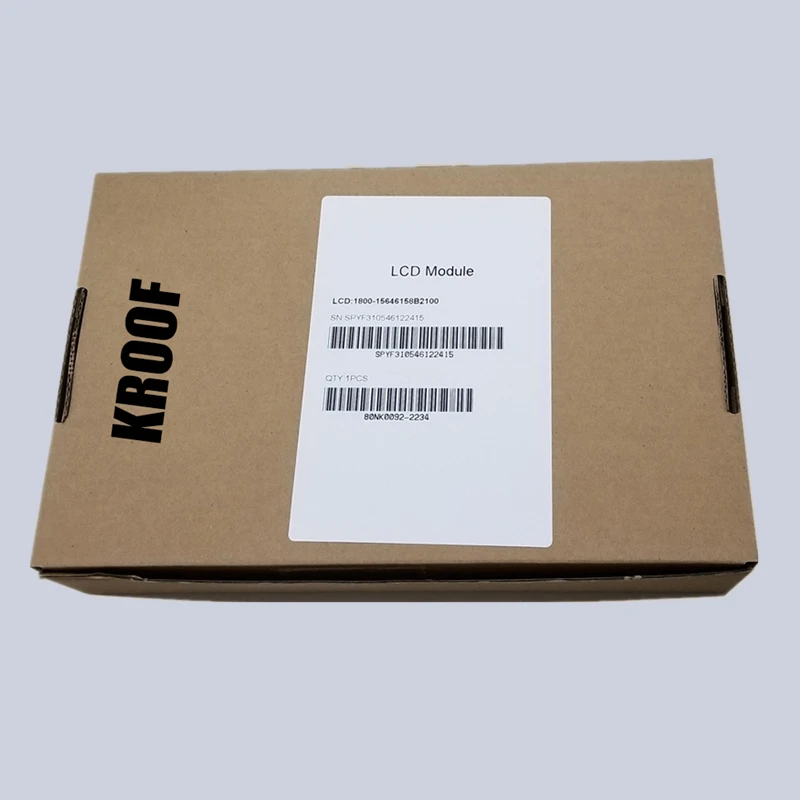Buy Microsoft Xbox One, Model 1540, Console Only: Consoles - Amazon.com ✓ FREE DELIVERY possible on eligible purchases. Nov 27, 2018 Find the serial number on Surface devices. Content provided by Microsoft. Applies to: Windows 8.1 Windows 10. Select Product Version. Coda 2 serial number free. Some products might not be available in your country or region. Before you can register your Surface or get it serviced, you need to know its 12-digit serial number. Find the serial number for.
Note On 64-bit computers, run the 32-bit version of Sn.exe by using the Developer Command Prompt for Visual Studio and the 64-bit version by using the Visual Studio x64 Win64 Command Prompt. At the command prompt, type the following: Syntax sn [-quiet][option [parameter(s)]] Parameters Option Description -a identityKeyPairFile signaturePublicKeyFile Generates data to migrate the identity key to the signature key from a file. -ac identityPublicKeyFile identityKeyPairContainer signaturePublicKeyFile Generates data to migrate the identity key to the signature key from a key container. -c [ csp] Sets the default cryptographic service provider (CSP) to use for strong name signing. This setting applies to the entire computer. If you do not specify a CSP name, Sn.exe clears the current setting. -d container Deletes the specified key container from the strong name CSP.
-D assembly1 assembly2 Verifies that two assemblies differ only by signature. This is often used as a check after an assembly has been re-signed with a different key pair. -e assembly outfile Extracts the public key from assembly and stores it in outfile.

-h Displays command syntax and options for the tool. -i infile container Installs the key pair from infile in the specified key container. The key container resides in the strong name CSP. -k [ keysize] outfile Generates a new key of the specified size and writes it to the specified file. Both a public and private key are written to the file. If you do not specify a key size, a 1,024-bit key is generated by default if you have the Microsoft enhanced cryptographic provider installed; otherwise, a 512-bit key is generated.
The keysize parameter supports key lengths from 384 bits to 16,384 bits in increments of 8 bits if you have the Microsoft enhanced cryptographic provider installed. It supports key lengths from 384 bits to 512 bits in increments of 8 bits if you have the Microsoft base cryptographic provider installed. -m [ y n] Specifies whether key containers are computer-specific, or user-specific. If you specify y, key containers are computer-specific. If you specify n, key containers are user-specific. If neither y nor n is specified, this option displays the current setting.
-o infile [ outfile] Extracts the public key from the infile and stores it in a.csv file. A comma separates each byte of the public key. This format is useful for hard-coding references to keys as initialized arrays in source code. If you do not specify an outfile, this option places the output on the Clipboard.
Note: This option does not verify that the input is only a public key. If the infile contains a key pair with a private key, the private key is also extracted. -p infile outfile [ hashalg] Extracts the public key from the key pair in infile and stores it in outfile, optionally using the RSA algorithm specified by hashalg.
This public key can be used to delay-sign an assembly using the /delaysign+ and /keyfile options of the. When an assembly is delay-signed, only the public key is set at compile time and space is reserved in the file for the signature to be added later, when the private key is known. -pc container outfile [ hashalg] Extracts the public key from the key pair in container and stores it in outfile. If you use the hashalg option, the RSA algorithm is used to extract the public key. -Pb [ y n] Specifies whether the strong-name bypass policy is enforced.